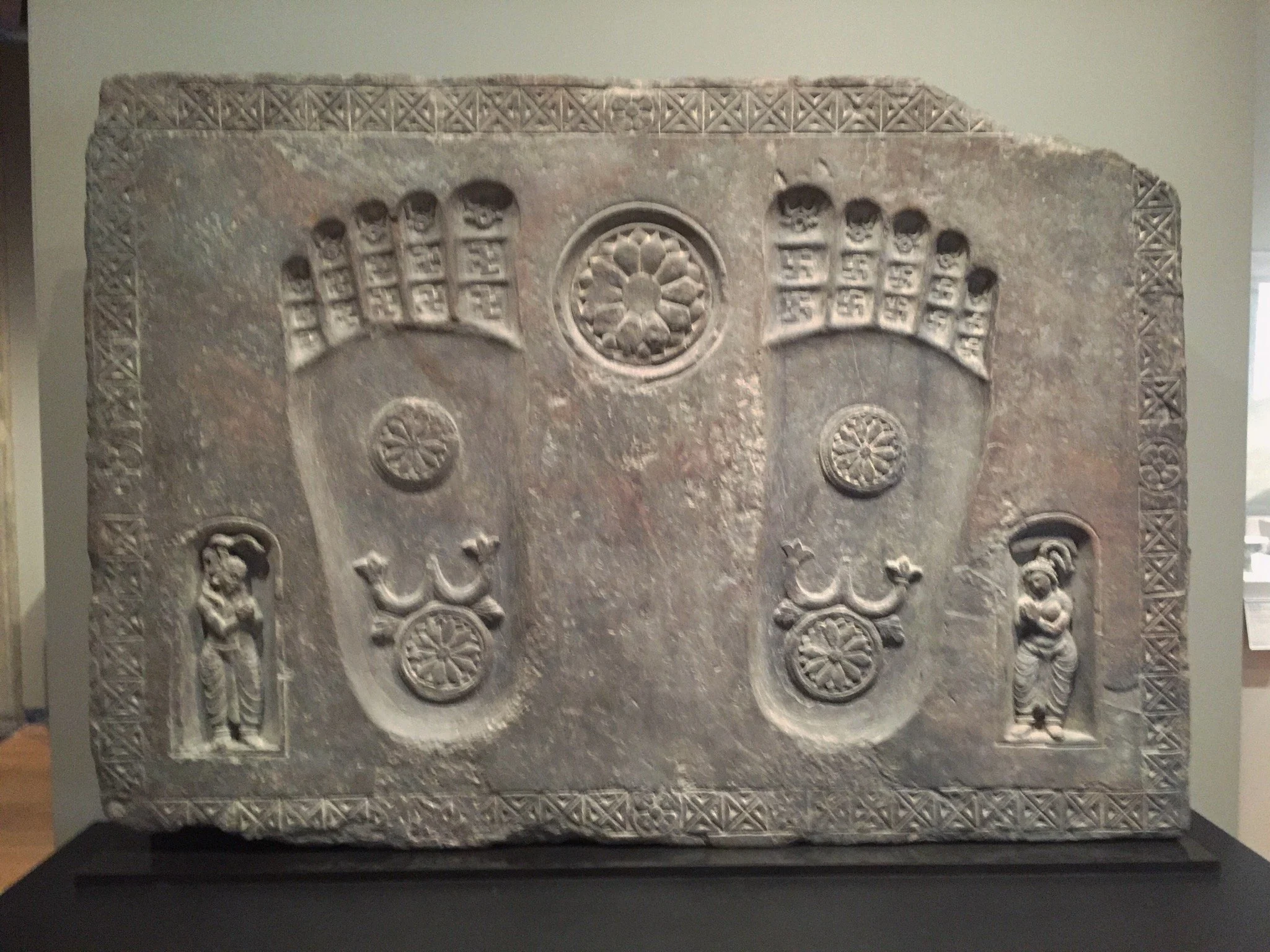Many times throughout the ages Zen Masters and other Mystics have warned against too much spiritual reading, or attachment to same. Ultimately life is to be experienced. not narrated.
We do it anyway (where else would we have gotten warnings against reading than from books?) but doing so mindfully may help with some of the traps the masters talked about.
The important theme is Impermanence. The fragility of our brief lives, the absurdity of trying to hold on to what, in many ways, is already dust. This includes information, when we take what is instructive to be a part of the physical book we must have, rather than putting what is learned to use being shared with others or to guide our actions.
An African folk tale speaks of a Borrowed Shirt.
Everything you own and cherish is already set aside for someone else to eventually use it, or for the garbage.
Theravada Master Ajahn Chah speaks of the Broken Cup.
The simple cup, no matter how cherished or used thoughtlessly, a favorite or one just grabbed from the cupboard in haste, carries with it the seeds of its demise; how that knowledge affects your treatment of it is up to you.
To know that something is impermanent is not to disrespect it; be it a shirt, a cup, a broken person, a sick animal, this understanding brokenness can help us to live more in the poignant fragile present in which everything, including ourselves, are subject to decay and departure. A Japanese Zen master once said:
“There is nothing to do. So, what will you do?”
We can choose, with the knowledge of impermanence and change, to give up, to postpone, to build up our armor against suffering (and joy) because none of it means anything. Or we can give it meaning, be re-energized by the vast open stretch of the unknown just waiting for our curiosity and contribution.
We all know how our stories end, no matter how we conduct our lives. The punchline to all this is that we are also, in a deep sense, are a borrowed presence, one that eventually will Break. I think this understanding can inspire more reverence and care for people and objects, for appreciation rather than attachment.
A Sort-of-Year-End Miscellany
These aren’t definitive (nor comprehensive) suggestions by any means but merely a slightly too long list of books that I’ve always returned to for… guidance? Reassurance? A challenge to my current practice? Yes.
A focus of my practice is curiosity, gratitude, and seeing as much of the Dharna in ordinary daily life-form is substance/substance is form (or the clogged sink is an altar, the altar a kitchen sink. Maybe I’ll toss in some music or movies down the line too.
· Nikos Kazantzakis—Saviors of God
· James Agee—Let Us Now Praise Famous Men
· Walter Benjamin—The Arcades Project
· Paul Fussell—The Great War and Modern Memory
· Nicanor Parra—poems and antipoems
· Fyodor Dostoevsky The Brothers Karamazov; Notes From the Underground
· Ryokan—One Robe, One Bowl
· Gary Snyder—Turtle Island
· Kabir—The Bijak
· Anonymous—The Way of a Pilgrim
· Jack Kerouac—Mexico City Blues
· Tao Chien—Selected Poems
· Jose Luis Borges—Ficciones
· Sherwood Anderson-Winesburg, Ohio
· James Baldwin—The Fire Next Time
· Thomas Merton—Seeds of Contemplation
· Daniel Boloud—Letters to a Young Chef
· Bernard Edelman (Editor) Dear America: Letters Home From Vietnam
· Henry Miller-To Paint is to Love Again
· Fernando Pessoa-Book of Disquiet
· Kenneth Patchen-The Journal of Albion Moonlight
· Bob Dylan—The Essential Interviews
· Leonard Cohen—Book of Mercy
· E. M. Cioran—Tears and Saints
· Franz Kafka—I Am a Memory Come Alive
· Paul Vogel Film as a Subversive Art
· George Oppen Selected Poems
· Bernd Heinrich The Trees in My Forest
